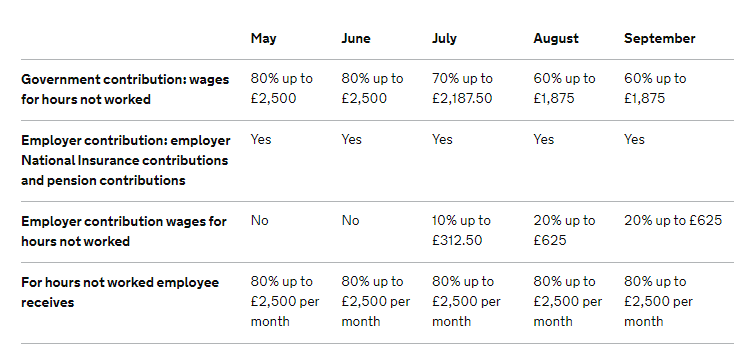Have you ever thought:
“I won’t need to do bookkeeping if I’m using cloud bookkeeping software as it does it all for me?”.
Well, as much as cloud bookkeeping software, like Xero, make the bookkeeping easier, there is still some human interaction required. This can be done by you, the business owner, or a bookkeeper/accountant. Your choice is whether to give up time to do it yourself or money to hire a qualified bookkeeper/accountant to do it all for you.
Here, we’ll walk you through the 3 main areas of bookkeeping and what you’ll need to do in each area.
Sales
First things first, you need to know how much your turnover is and to do this, you’ll need to record your sales. There are a couple of ways to do this and the industry you’re in will decide which is the best fit for you:
Raise sales invoices - If you need to send your customers an invoice, you should raise these in Xero. The sales invoice template can be customised and emailed out to your customer straight from the software. Raising the invoice also accounts for the income in your software, so you’re killing 2 birds with one stone!
Feed sales through from another software - The other option is to feed your sales through from another software, this could be a sales channel for e-commerce businesses or project management/time tracking software for service based businesses. By finding a solution that connects directly with Xero, or via another app, you’ll be ensuring that the data is fed through correctly and automatically, meaning you can see your income position on a real time basis!
Purchases
Hands up if you’ve heard that old saying:
“Turnover is vanity, profit is sanity”
Well, by processing your sales as detailed above, you’ll be able to monitor your turnover, but without also accounting for your purchases, you’ll never be able to monitor your profit.
As a practice, we use Dext to process invoices for our bookkeeping clients as this helps automate the process, however purchases can be recorded straight into Xero, it’s just a lengthier process.
Each cost should be categorised accurately depending on the type of cost, is it a direct cost, an overhead, a capital item, a personal cost?
If you are a VAT registered company then the VAT rate also needs assigning correctly, is the cost vatable and if so, is that VAT claimable or is the cost client entertaining or a similar disallowable VAT cost?
Bank
The final main area of bookkeeping is reconciling the bank transactions. Xero supports bank feeds from lots of high street and challenger banks so the bank transactions are fed in automatically each day. Wahoo!
The human element is in matching and assigning these transactions. Each bank transaction must be matched against the corresponding sale or purchase invoice or coded to the correct code in Xero.
These are the basics of bookkeeping. There are other elements such as reviewing aged payables and receivables transactions, registering assets, posting payroll to name a few.
If you have any questions or would like assistance with your bookkeeping then get in touch!







